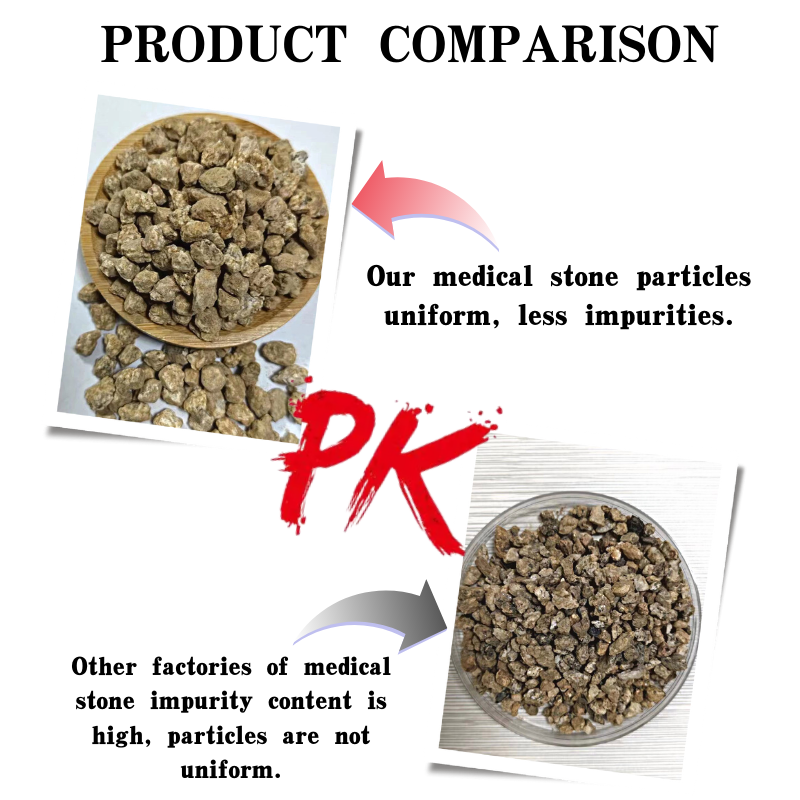
Custom Glass Beads for Enhanced Sandblasting Performance and Visual Appeal
Custom Glass Beads for Sandblasting A Comprehensive Overview
In the world of industrial processes, sandblasting—also known as abrasive blasting—has gained significant importance for surface preparation, cleaning, and finishing. Among the various abrasive materials used, custom glass beads stand out for their unique properties and applications. This article delves into the benefits of using custom glass beads for sandblasting, their production processes, and the various industries that utilize them.
The Advantages of Custom Glass Beads
1. Uniformity and Precision One of the primary benefits of using custom glass beads in sandblasting is their uniform size and shape. This consistency ensures even surface finishes and predictable results, making them ideal for precision work. Customization offers the ability to tailor the size of the beads to specific project requirements, enhancing effectiveness and efficiency in achieving the desired finish.
2. Minimal Surface Damage Compared to traditional abrasives such as silica sand, custom glass beads are less abrasive and abrasive, which minimizes the risk of damaging the underlying material during cleaning or reinstating processes. This characteristic is particularly beneficial when working with delicate materials or finishes, as it allows for a thorough clean without compromising integrity.
3. Reusability Glass beads are reusable, making them a cost-effective choice for long-term projects. With proper maintenance and collection systems, companies can significantly reduce their abrasive material costs. The longevity of glass beads also means fewer replacements and less waste, aligning with sustainable practices in industrial manufacturing.
4. Environmentally Friendly Manufactured from 100% recyclable glass, custom glass beads are an environmentally friendly option compared to some traditional sandblasting materials. Their production process generates minimal air pollution, and since they are free from harmful particulates, they present a safer choice for both operators and the environment.
5. Versatility in Applications Custom glass beads are used across various industries, including automotive, aerospace, and construction. They're effective in cleaning metal parts, preparing surfaces for painting, and providing a smooth finish to various products. Their versatility allows companies to employ them in different applications, from heavy-duty industrial machinery to delicate artistic projects.
custom glass beads for sandblasting

Production Process of Custom Glass Beads
The manufacturing of custom glass beads involves several critical steps
1. Material Selection High-quality glass cullet is selected based on the desired properties of the final product. The glass can be sourced from recycled materials, contributing to sustainability.
2. Melting and Forming The glass cullet is melted at high temperatures and then shaped into beads of predetermined sizes. Advanced techniques ensure the beads maintain uniform characteristics, meeting the specific demands of customers.
3. Sizing and Classification Once formed, the glass beads undergo a sizing process, where they are classified based on their dimensions. This step is crucial for ensuring that customers receive the exact bead size they require for their sandblasting operations.
4. Quality Assurance Rigorous quality control measures are implemented throughout the manufacturing process to ensure conformity to industry standards. This guarantees that the custom glass beads will perform reliably in their intended applications.
Conclusion
In conclusion, custom glass beads for sandblasting represent a significant advancement in abrasive materials. Their uniformity, minimal surface damage, reusability, environmental friendliness, and versatility make them an excellent choice for a wide range of industrial applications. By investing in custom glass beads, companies not only achieve superior surface finishes but also contribute to sustainable practices. As the industry continues to evolve, the demand for such innovative solutions is likely to increase, underscoring the importance of custom glass beads in modern manufacturing processes.
Share
-
Premium Pigment Supplier Custom Solutions & Bulk OrdersNewsMay.30,2025
-
Top China Slag Fly Ash Manufacturer OEM Factory SolutionsNewsMay.30,2025
-
Natural Lava Rock & Pumice for Landscaping Durable Volcanic SolutionsNewsMay.30,2025
-
Custom Micro Silica Fume Powder Manufacturers High-Purity SolutionsNewsMay.29,2025
-
Custom Mica Powder Pigment Manufacturers Vibrant Colors & Bulk OrdersNewsMay.29,2025
-
Custom Micro Silica Fume Powder Manufacturers Premium QualityNewsMay.29,2025






